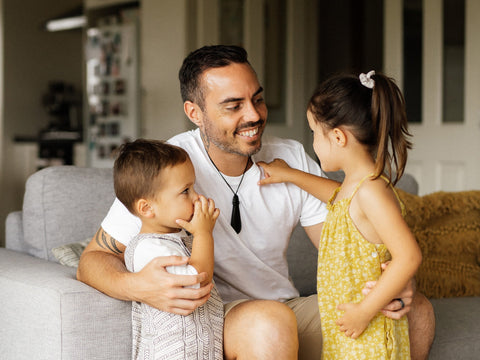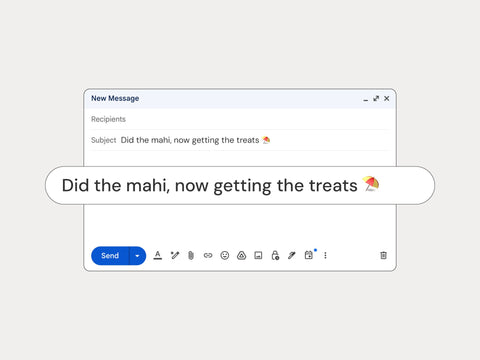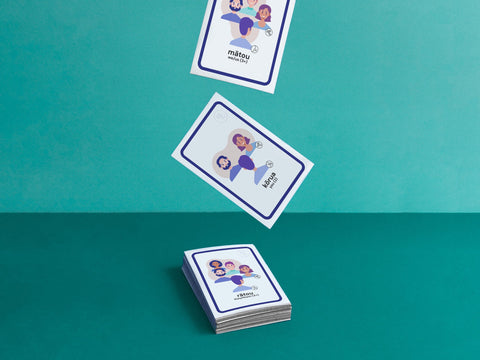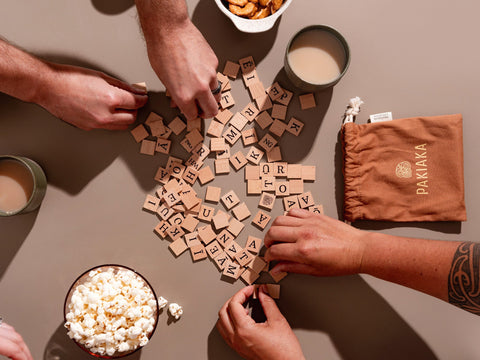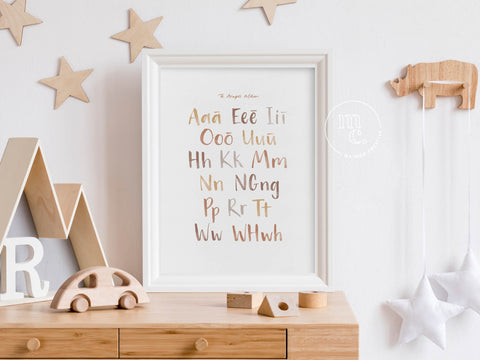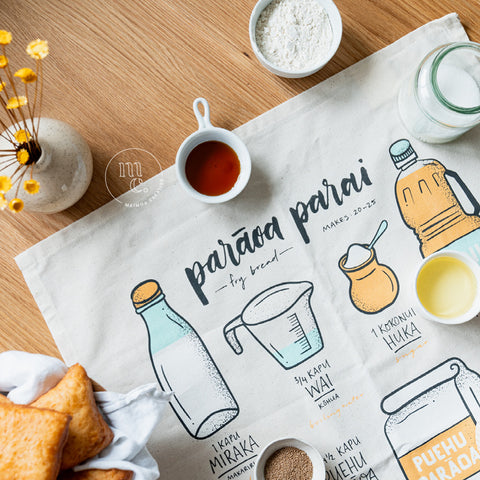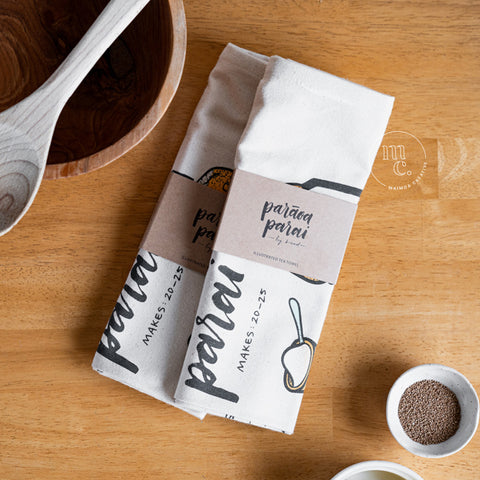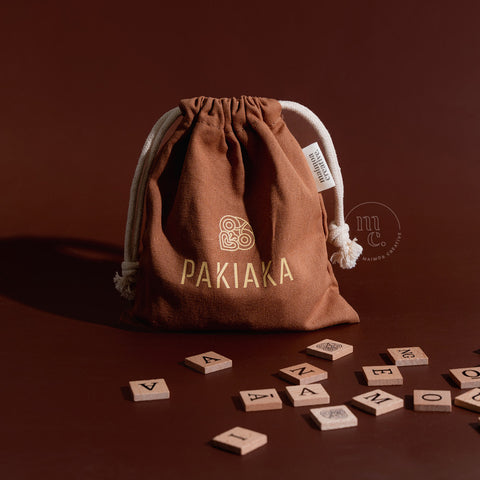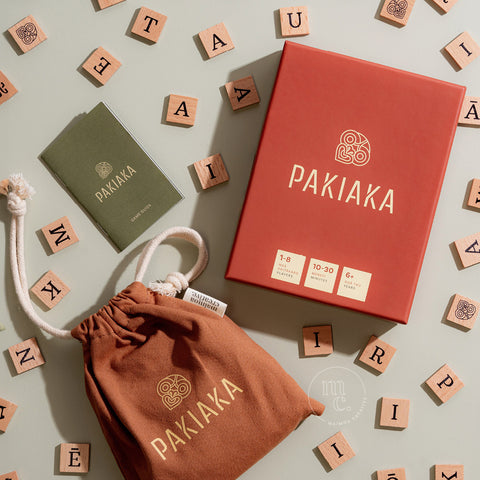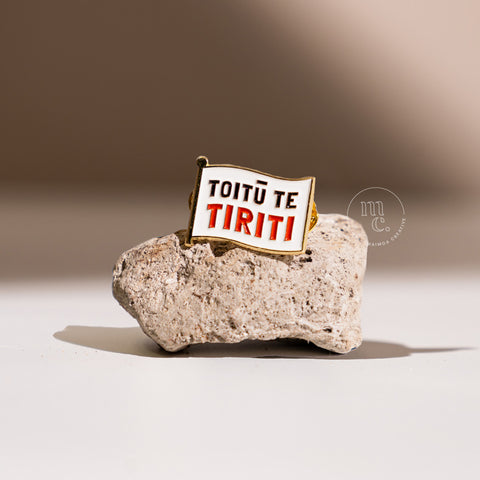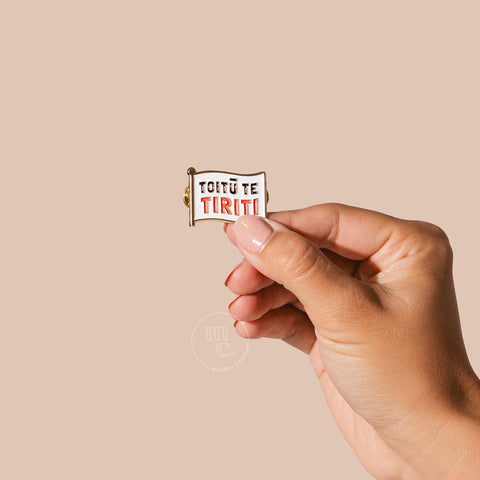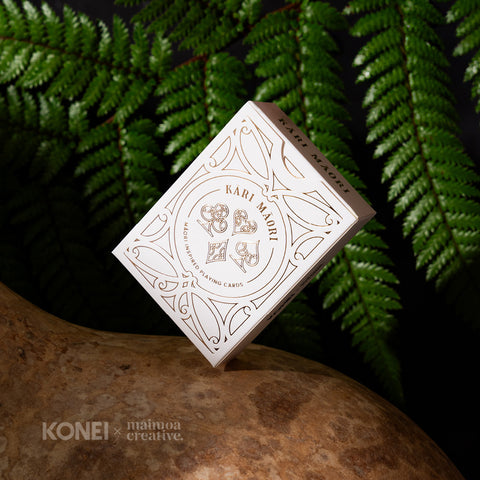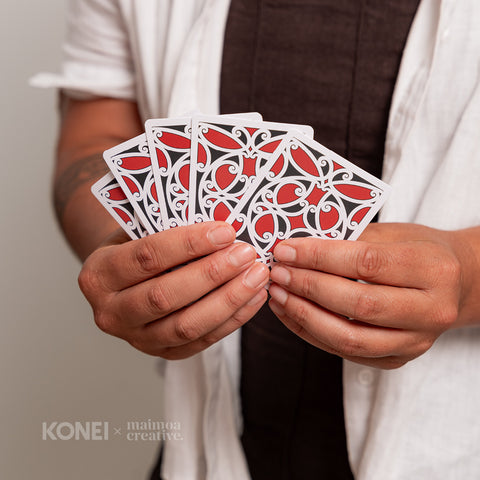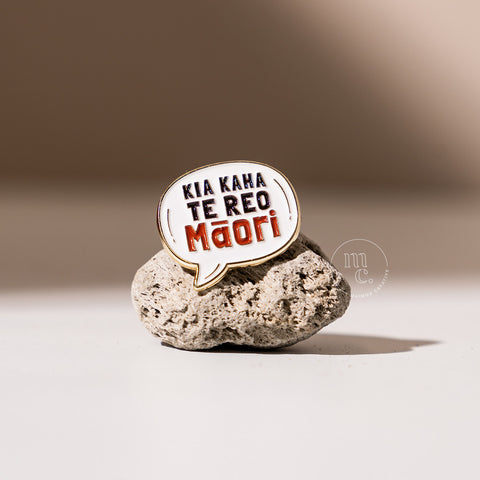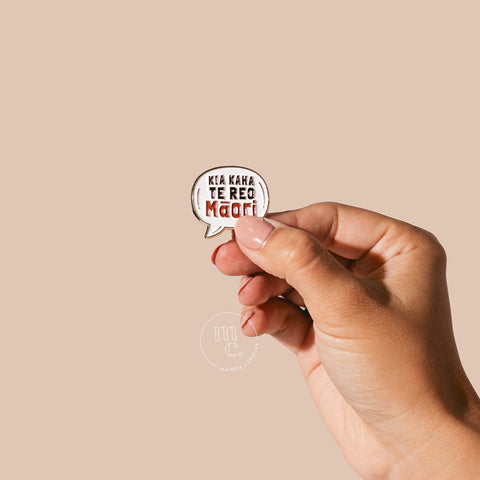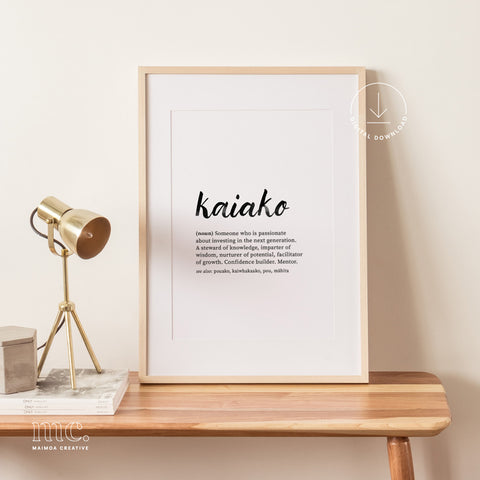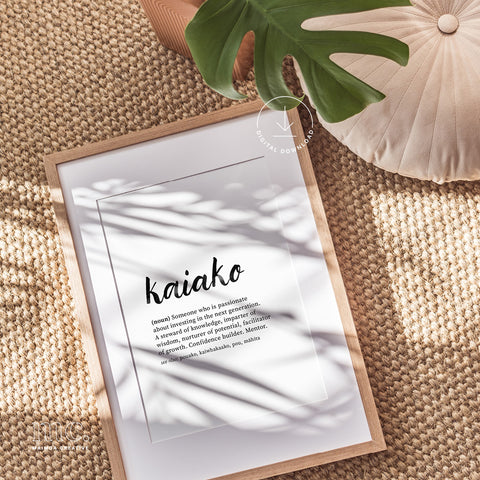It can seem daunting when you make the decision to use more reo Māori in your everyday life, often because it's hard to know where to start! It's easy to focus on everything you don't know yet, instead of taking the journey step by step and starting small. If you are raising kids and want to include more Māori words and phrases, here are a few to start with. We use these pretty much EVERY day, so no doubt they will come in handy for your whānau as well: a collection of common questions, commands, and statements to add to your kete (basket).
Note: our tamariki (kids) are currently 10mths, and 3 & 5 years old, so these phrases are more catered towards young children. As they get older the language and phrases we use will also evolve to suit their developmental stages.
1. He aha māu hei parakuihi, e hine/tama?*
What do you want for breakfast my girl/son?
The response is usually "He _____ māku", I'll have some _____
Additional kupu:
wīti pīki - weetbix
kāngarere - cornflakes
miraka - milk
pata kai - cereal
tōhi - toast
pani - spread
tiamu - jam
īhi pani - marmite
mīere - honey
panana / maika - banana
āporo - apple
hua rākau - fruit
miraka tepe - yoghurt
pata - butter
2. Kuhuna/unuhia ō hū*
Put on/take off your shoes (get dressed / remove your clothes)
Additional vocab:
hū - shoes
kākahu kura - uniform
kākahu moe - pyjamas
pēke - bag
pēke kura - school bag
pōtae - hat
tōkena - socks
poraka - jersey
makariri - cold
mahana - warm
3. Wakua ō niho*
Brush your teeth
Additional vocab:
pēniho - toothpaste
paraihe/taitai niho - toothbrush
whakaata - mirror
tuha/tuwha - to spit
rata niho - dentist
waha - mouth
ngutu - lips
arero - tongue
4. Tō ______ hoki*
You're so _______
E.g.
Tō māia hoki!
You're so brave!
Additional vocab:
kaha - strong
atawhai - kind
marae - generous
atamai - clever
5. Tēnā, kaua e pēnā / Kāti te _____
Please don’t do that / Stop ______
E.g.
Kāti te whakahōhā i tō tungāne
Stop annoying your brother
Additional vocab:
whiu - to throw
whana - to kick
pana - to push
hāmama - to shout
tioro - to scream
pā - to touch
6. Horoia/whakamaroketia ō ringaringa*
Wash/dry your hands
Additional vocab:
hopi - soap
tāora - towel
tī tāora - tea towel
puoto - sink
kōrere - tap
wai - water
7. Kua rite te kai, haramai ki te tēpu
Dinner/food is ready, come to the table
Note: 'haramai' is a variation of 'haere mai'
Additional vocab:
tina/kai o te pō - dinner
tina/kai o te rā - lunch
pereti - plate
oko - bowl
tīrou/paoka - fork
māripi/naihi - knife
koko/pune - spoon
kapu - cup
reka - delicious (sweet food)
namunamuā - yum
hua whenua - vegetables
mīti - meat
wera - hot
rīhi - dishes
purini - dessert
pau - consumed (kua pau te kai - the food is all eaten)
8. Mā wai te karakia?
Who will bless the food? / Who will do the blessing?
Here are two karakia (prayers) you can use to bless the food:
'E te Atua'
E te Atua
Whakapaingia ēnei kai
Hei oranga mō ō mātou tinana
Whāngaia hoki ō mātou wairua
Ki te taro o te ora
Ko Ihu Karaiti tō mātou Ariki
Āke, ake, ake,
Āmine
Lord God
Bless this food
For the goodness of our bodies
Feeding our spiritual needs also
with the bread of life
Jesus Christ, our Lord
Forever and ever
Amen
'Nau Mai e Ngā Hua'
Nau mai e ngā hua o te wao,
o te ngakina,
o te wai tai,
o te wai Māori.
Nā Tāne,
Nā Rongo,
Nā Tangaroa,
Nā Maru,
Ko Ranginui e tū iho nei,
Ko Papatūānuku e takoto nei.
Tūturu whakamaua kia tina!
Tina! Haumi e! Hui e! Tāiki e!
Welcome the gifts of food
from the sacred forests
from the cultivated gardens
from the sea
from the fresh waters
The food of Tāne
of Rongo
of Tangaroa
of Maru
I acknowledge Ranginui (sky father) who is above me,
Papatūānuku (mother earth) who lies beneath me
Let this be my commitment to all
Draw together! Affirm!
9. Ngā mihi i tō āwhina mai*
Thank you for your help
Additional vocab:
mahi - work
tautoko - support
whakapai rūma - to clean room
whakarongo - to listen
horoi rīhi - to wash dishes
10. Whiriwhiria tētehi pukapuka kia pānui
Choose a book to read
Additional vocab:
kupu - word
reta - letter
pūmatua - capital letter
pūriki - lowercase letter
oropuare - vowel
rerenga kōrero - sentence
ako - to learn
whārangi - page
huri - to turn (hurihia te whārangi - turn the page)
whakahoki - to return (whakahokia te pukapuka - return the book)
katakata - to laugh
kōrero / pakiwaitara / pūrākau - story / legend
Bonus phrase: Kei te aroha au ki a koe!*
I love you!
You can also say ka nui taku aroha mōu*
—
*these phrases are specific to talking to ONE person, or a about singular item. You will need to swap out the personal and possessive pronouns to make them appropriate for speaking to more than one person or speaking about items in the plural.
—
Kia kaha ki te kōrero! Good luck with adding more reo Māori into your everyday life. Remember — starting small is better than not starting at all! Introducing common phrases and kupu is a really helpful way to consolidate the basics because you naturally need to repeat them regularly, which is the best way for a new language to sink in. As I mentioned at the start of the article — this list of phrases will change over time as our children get older and the language we use with them will evolve to accommodate that growth.

